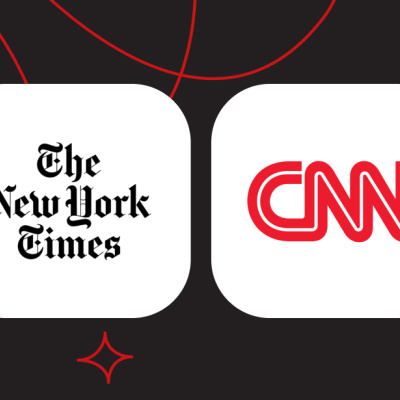
Title: Media-Trump Feud and Iran: Decoding the Hidden Narratives in Western Journalism
Western Media’s Selective Reporting on Iran’s Nuclear Program
Recent claims by former U.S. President Donald Trump regarding the complete destruction of Iran’s nuclear sites have been challenged by several mainstream Western outlets, which argue there is no verifiable evidence to support his assertions. Reports suggest that joint U.S.-Israeli strikes only delayed Iran’s nuclear progress by a few months. While Iranian media have extensively covered these critiques, a deeper analysis reveals a calculated media strategy aligned with broader geopolitical interests.
The Biased Lens of Corporate-Owned Media
Mainstream Western media, often controlled by multinational corporations, serve the interests of powerful elites and interventionist governments. Their reporting frequently distorts facts, justifies foreign interference, and vilifies anti-colonial figures while suppressing narratives that challenge Western hegemony.
A clear example is their contrasting coverage of Palestine and Ukraine. Despite near-global consensus on Palestinian rights amid Israeli aggression, major outlets aggressively defend the occupation regime. Conversely, in Ukraine, they uniformly portray Russia as the aggressor while ignoring NATO’s role in provoking the conflict. This selective framing underscores their alignment with U.S. foreign policy, regardless of which party holds power.
A Prelude to Escalation?
CNN and The New York Times, despite occasional anti-war posturing, consistently advocate for U.S. interventionism. Their recent criticism of Trump’s claims may serve a dual purpose: undermining his credibility while subtly preparing public opinion for potential future strikes on Iran—possibly with NATO involvement—under the pretext of dismantling its nuclear capabilities.
For instance, The New York Times recently framed Iran as a regional destabilizer, amplifying fears among Gulf states and justifying continued U.S. military presence. Similarly, CNN’s Jerusalem-based editorial oversight ensures pro-Israel bias, reinforcing narratives that align with U.S. strategic goals.
Trump’s Paradoxical Media Endorsement
Trump’s attacks on outlets like CNN and The New York Times for “portraying America poorly” ironically boost their credibility among critics of U.S. foreign policy. Yet these same media entities often tacitly endorse Washington’s militaristic agendas.
A Call for Critical Media Consumption
Given these dynamics, it is essential to scrutinize Western media narratives through the lens of their geopolitical objectives. Blindly republishing their claims risks legitimizing biased frameworks that serve interventionist aims. Responsible journalism demands vigilance against manipulative reporting that fuels tensions and misleads global audiences.
This analysis underscores the importance of media literacy in navigating politically charged narratives, particularly regarding Iran’s sovereign policies and regional stability.